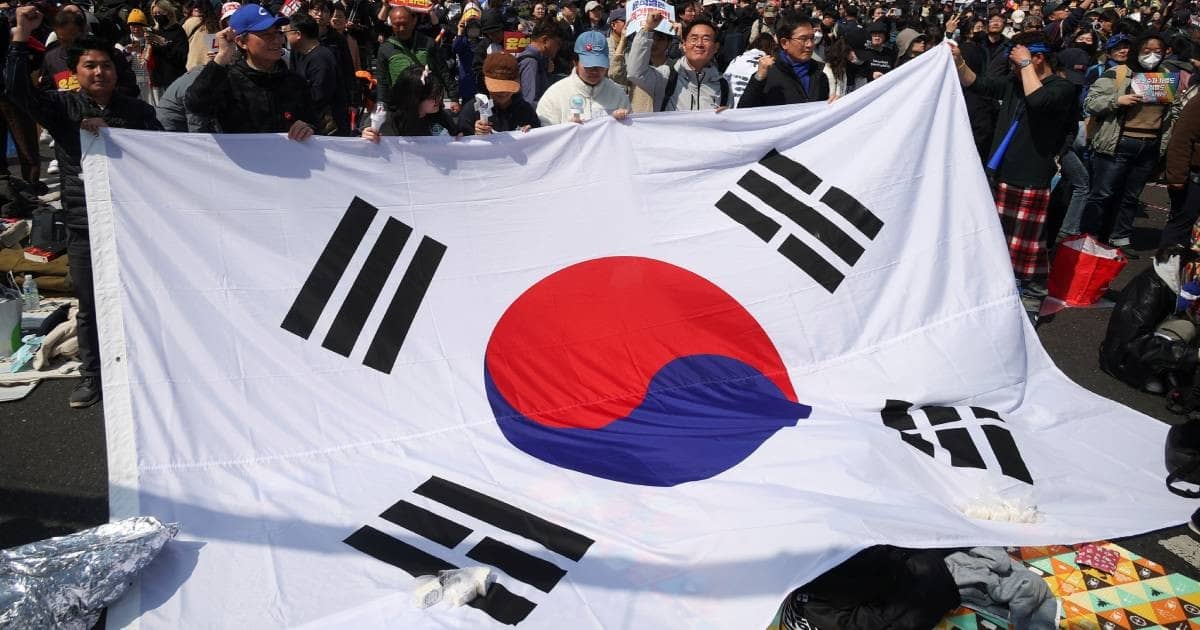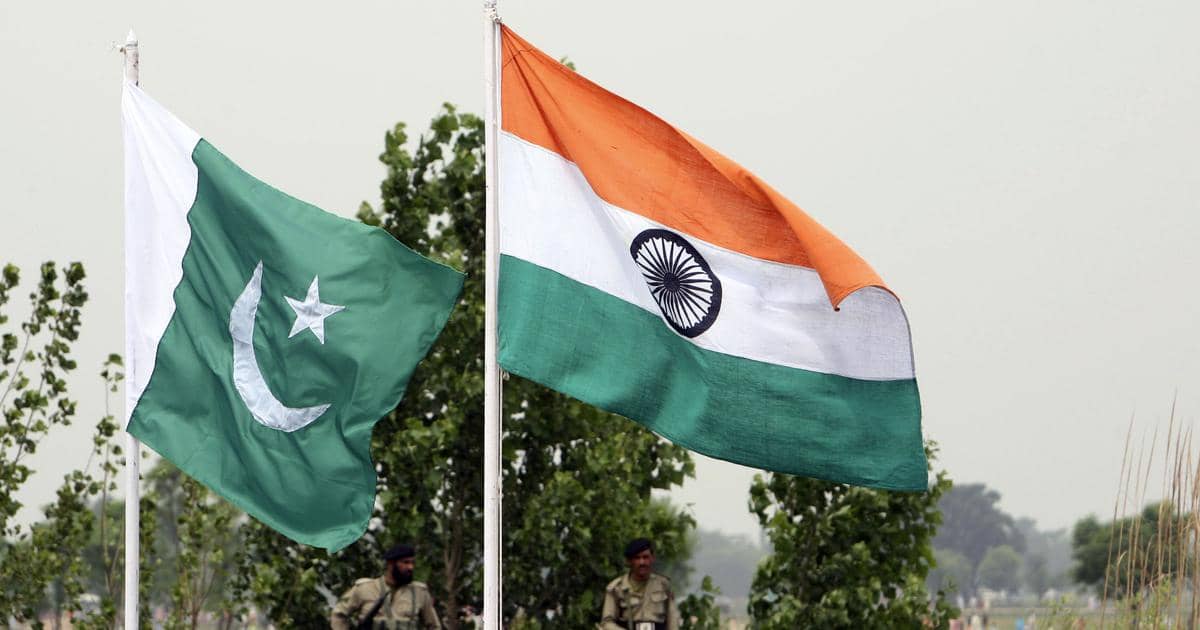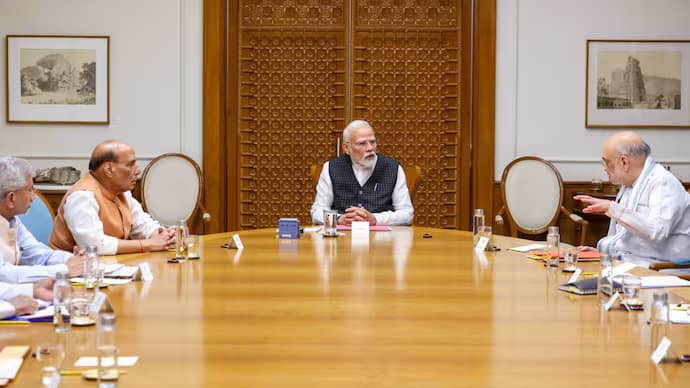The political landscape in South Korea is buzzing with anticipation as reports from Yonhap News Agency suggest that the next Presidential Election could be held on June 3. This tentative date marks a crucial moment for the nation as it prepares to choose its next leader. The Presidential Election will shape the country’s future policies international relations and economic direction.
Why the June 3 Date Matters
Setting a date for the Presidential Election is a significant step in South Korea’s democratic process. The June 3 timeline gives political parties and candidates enough time to campaign and present their visions to the public. It also allows election authorities to finalize logistics and ensure a smooth voting process.
The Presidential Election is not just about selecting a new leader. It reflects the people’s will and sets the tone for national progress. With key issues like economic recovery diplomatic strategies and social welfare at stake this election could redefine South Korea’s path for years to come.
Key Candidates and Their Agendas
As the Presidential Election approaches several prominent figures have emerged as potential candidates. Each brings a unique vision for the country.
- The Conservative Front
Traditionally focused on strong national security and business-friendly policies conservative candidates are likely to emphasize economic growth and a firm stance on international relations. - The Progressive Camp
Progressive candidates often push for social reforms greater equality and engagement with North Korea. Their campaigns may highlight healthcare improvements and climate change policies. - The Independent Contenders
Outside the major parties independent candidates could disrupt the race by appealing to voters dissatisfied with traditional politics.
The Presidential Election will test which agenda resonates most with South Korean voters.
Voter Sentiment and Public Opinion
Public interest in the Presidential Election is already high. Recent polls show that voters are deeply concerned about economic stability job creation and housing affordability. Many also want stronger leadership in handling relations with neighboring countries like North Korea China and Japan.
Younger voters in particular are expected to play a decisive role. Their focus on digital innovation climate action and social justice could push candidates to address these issues more aggressively.
Challenges in the Election Process
Organizing a Presidential Election is no small task. Authorities must ensure transparency security and accessibility for all voters. Potential challenges include
- Cybersecurity Threats
With increasing digital interference in elections worldwide South Korea must safeguard its voting systems from hacking and misinformation. - Pandemic Preparedness
If COVID-19 cases rise again safety measures like early voting and mail-in ballots may be necessary. - Fair Media Coverage
Balanced reporting is crucial to prevent bias and allow voters to make informed decisions.
Despite these hurdles South Korea has a strong track record of conducting fair and efficient elections.
Historical Context of South Korean Elections
The Presidential Election in South Korea has always been a dynamic affair. Past elections have seen dramatic victories narrow margins and unexpected upsets. The country’s transition from military rule to a thriving democracy makes each election a testament to its political maturity.
In recent years voter turnout has been relatively high reflecting strong public engagement. The upcoming Presidential Election is expected to follow this trend with citizens eager to influence the nation’s direction.
International Reactions
The global community is closely watching South Korea’s Presidential Election. As a major economy and a key player in East Asian geopolitics the election outcome will impact international trade security alliances and diplomatic relations.
Countries like the US China and Japan have vested interests in South Korea’s next leader. The election results could shift regional dynamics especially regarding North Korea’s denuclearization talks and ongoing trade agreements.
What to Expect on Election Day
If the June 3 date is confirmed the Presidential Election will follow a tightly regulated process. Polling stations across the country will open early allowing millions to cast their votes. Exit polls will provide early indications but official results may take hours or even days to finalize.
The winner will need to secure a majority or face a runoff. Once confirmed the new president will begin preparing for the transition of power which includes selecting a cabinet and outlining key policy priorities.
Final Thoughts
The tentative June 3 date for South Korea’s Presidential Election sets the stage for a pivotal moment in the nation’s history. With high stakes and diverse candidates the election promises to be a fierce yet democratic contest.
As voters weigh their options the world will be watching. The outcome of this Presidential Election will not only determine South Korea’s future but also influence global politics in significant ways.
Stay tuned for updates as the election date is finalized and campaigns gain momentum. The road to June 3 is just beginning and every vote will count in shaping South Korea’s next chapter. BestPrimeNews



